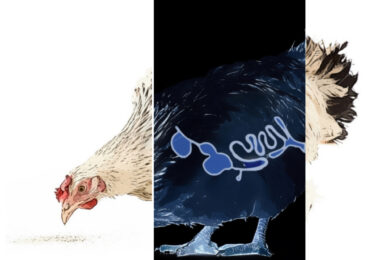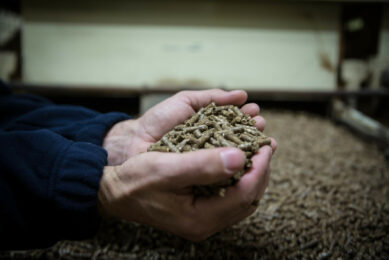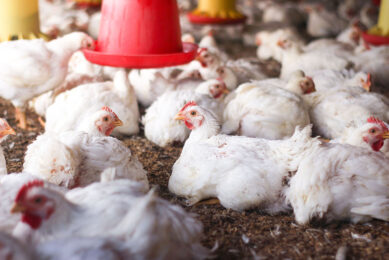US to ease barriers on Canadian canola meal
US Food and Drug Administration (FDA) looks to ease restrictions on imports of animal feed with salmonella bacteria. As a result Canadian exports of canola meal to the United States have picked up.
The FDA posted a draft policy on its website last August that would limit its enforcement actions against animal feed shipments with salmonella to just a few types of the bacteria known to cause disease in animals and poultry, instead of flagging all shipments with salmonella.
It is unclear when the FDA’s new policy takes effect, but Canadian canola meal shipments to the United States rose 17% from August through October, Statistics Canada says.
Shipping restrictions
FDA imposed shipping restrictions in the past two years against seven Canadian crushing plants whose canola meal exports contained salmonella, although only two plants are still on import-alert status.
The companies involved (Richardson International, Cargill, Archer Daniels Midland, Bunge, Louis Dreyfus and Viterra), of course support the new policy, although Viterra and ADM plants are still under import restrictions.
“Changes in enforcement will not affect the FDA’s process of lifting measures already in place,” said Dave Hickling, vice-president of utilization for the Canola Council of Canada.
Canada is the world’s top exporter of canola, which is crushed for its oil and meal. Shipments to the United States fell nearly one-third to 1.2 million tonnes worth C$246 million (US$248.7 million) during the 2009/10 crop year, which ended on July 31.











